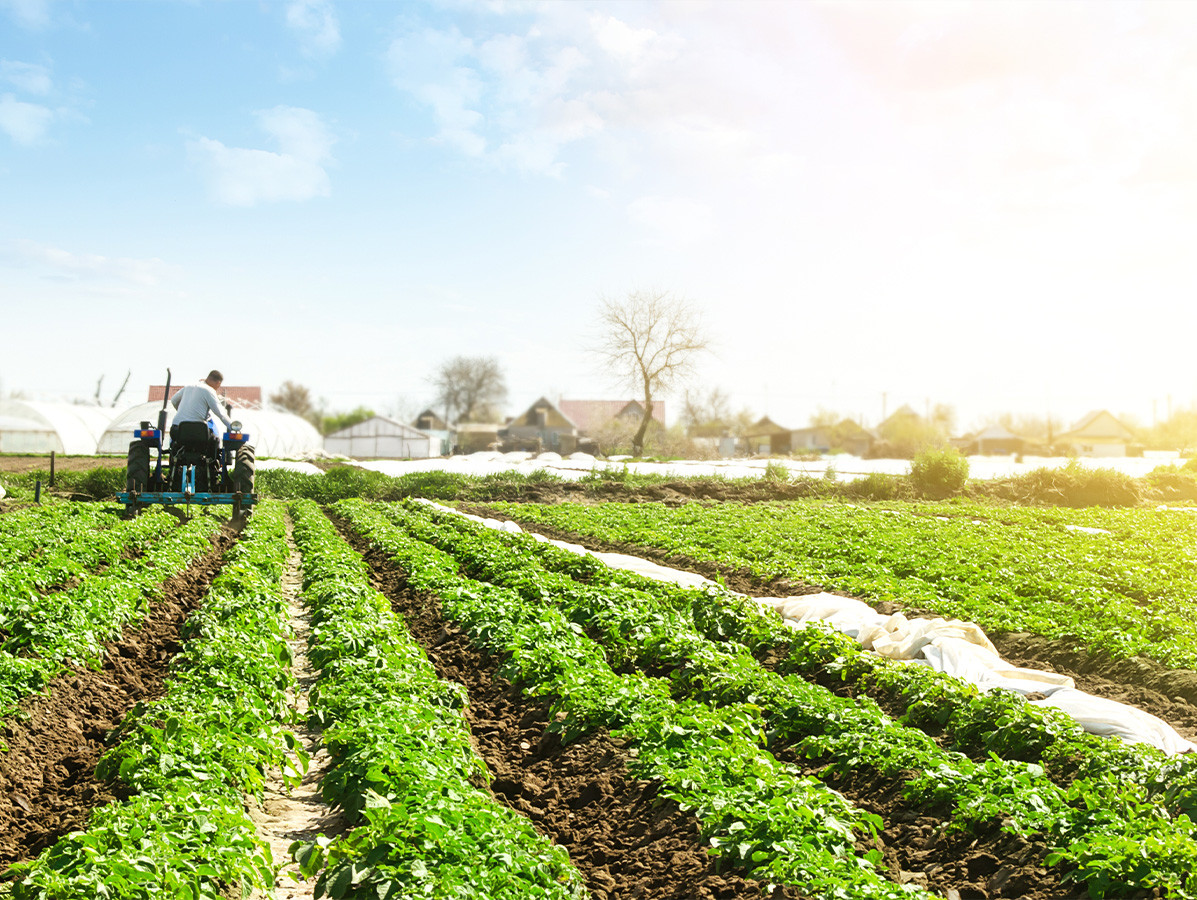
On 1 January 2023, the cabinet will unilaterally introduce a €30 million burden increase for the agricultural sector. On that day, the contribution that farmers, gardeners, growers, fishermen, processors and importers and exporters of agricultural goods have to pay to the Dutch Food and Consumer Product Safety Authority (NVWA) will be increased from 100 million to 130 million euros per year.
This 30% burden increase comes on top of the huge inflation that businesses in the agricultural sector are already facing. It will put further pressure on the income of farmers, gardeners, fishermen and other agricultural entrepreneurs. And food prices will rise even further.
There has been a battle over NVWA fees for years. European regulations specify the costs the government is allowed to pass on to the business community. Entrepreneurs believe the NVWA charges much more than is allowed. To make NVWA's tariffs transparent and acceptable, the government and the agricultural sector launched the NVWA Cost and Tariffs Review Programme in early 2022. Halfway through the implementation of this programme, the agriculture minister suddenly announced new NVWA tariffs. In doing so, he deviated from the agreed Programme.
In a letter (Tariffs 2023 NVWA, 11 November 2022) to the gouvernment, Agriculture Minister Piet Adema indicated that the new NVWA tariffs were set in good consultation with the agricultural sector. And he says they largely meet the wishes of the agriculture sector. This is not true, says COV.
The 30% cost increase is excessive. For many businesses, it means a 30-50% increase on the various services they purchase from the NVWA.
The agricultural sector's trust in the ministry of LNV and the NVWA has currently fallen to zero. Representatives of the various sector parties expect entrepreneurs to lodge massive objections to NVWA invoices because of doubts about their compliance with European rules.
Source: COV